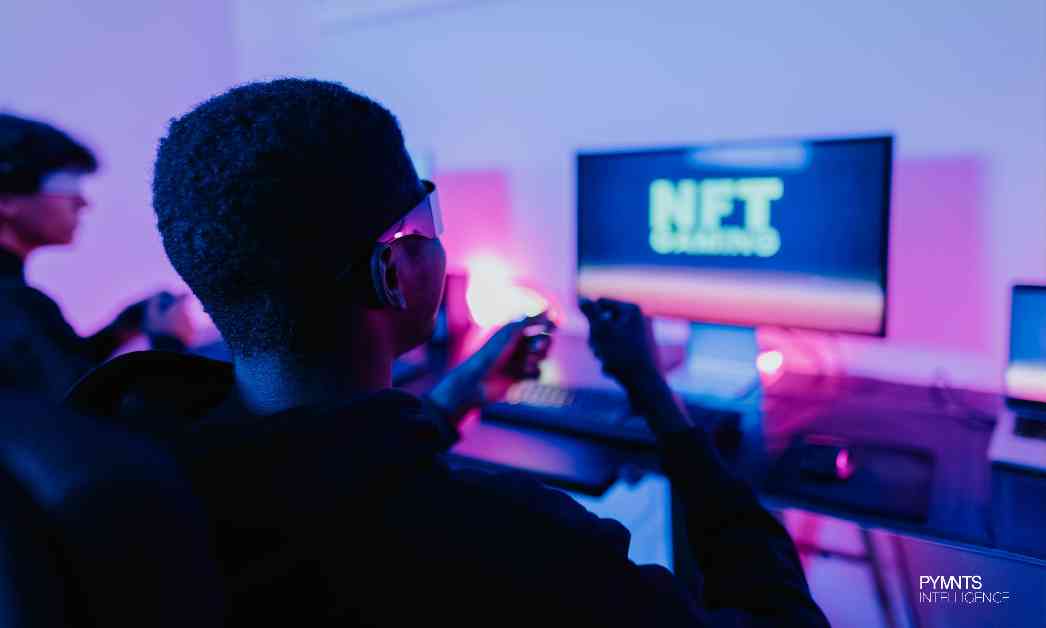**Blockchain Loyalty Programs: Revolutionizing Customer Relationships**
As digital experiences continue to evolve, traditional loyalty programs are facing significant challenges. The concept of loyalty is no longer just about simple rewards-based transactions; it is shifting towards deeper, personalized relationships. This transformation is being driven by blockchain technology, a sophisticated and decentralized platform that enables secure digital transactions. Blockchain’s applications go beyond digital assets, offering brands the opportunity to rethink their loyalty frameworks entirely. By allowing brands to convert loyalty points into digital assets, blockchain facilitates dynamic, two-way exchanges of value. This modernization promises to foster unprecedented engagement and unlock new revenue streams, fundamentally changing how brands build and maintain customer relationships.
**The Blockchain Advantage: Unleashing Loyalty’s Full Potential**
Loyalty 3.0 is where Web3’s smart contracts intersect with smart business, and blockchain is unlocking new revenue streams. The question is no longer about whether blockchain will revolutionize loyalty, but rather who will be the first to tap into its potential. From points to profits, blockchain is rewriting the loyalty playbook.
According to projections, the loyalty market is expected to generate $24 billion in revenue within the next five years. Blockchain technology has the potential to revamp loyalty programs through more flexible and appealing reward structures. One of the most compelling features of blockchain for brands is its smart contracts – automated agreements that eliminate the need for intermediaries. This feature streamlines rewards program processes, reducing operational costs and improving the program’s bottom line.
Tokenization, the process of converting assets into digital tokens on a blockchain, is reshaping consumer engagement. Secondary markets for loyalty tokens allow customers to trade, sell, or rent their rewards, incentivizing participation in loyalty programs and creating new revenue sources for brands. Yuga Labs, an early adopter, has already earned an estimated $150 million in royalties. With the loyalty industry projected to exceed $24 billion in revenue within the next five years, blockchain-based loyalty programs represent a largely untapped opportunity.
**Blockchain Loyalty at Work: Enhancing Engagement in a Unified Ecosystem**
Blockchain is actively transforming loyalty into an all-encompassing pass, enabling brands to forge lasting connections with their customers. By leveraging blockchain technology, brands can scale loyalty programs globally and unify real-time customer data across all touchpoints, creating new opportunities for personalization. When combined with AI-driven analytics, this can lead to predictive rewards programs that anticipate customer preferences. Brands must focus on designing sustainable blockchain-based loyalty programs that move away from isolated perks towards deeply personalized experiences.
Social currency is a real phenomenon, and blockchain has the ability to create it. Blockchain-enabled loyalty tokens act as digital proof of brand affiliation, tapping into the human desire for community. Artists, in particular, can use blockchain loyalty tokens to appreciate and honor their fan bases as their popularity grows. By leveraging exclusivity and blockchain technology, brands can transform their most engaged customers into micro-influencers, expanding their reach and authenticity in ways traditional programs struggle to achieve.
The travel and hospitality industries, characterized by multiple players involved in a single customer journey, are ripe for disruption. Blockchain’s potential to unify these disparate players through loyalty ecosystems is compelling but challenging. Marriott International, for example, has leveraged blockchain to create a unified, secure loyalty ecosystem that spans its hotel portfolio, allowing customers to earn and redeem rewards seamlessly across different locations and brands.
**Gen Z and Millennials: Shaping the Future of Loyalty**
Generation Z and millennial consumers value loyalty programs, but most agree that traditional rewards need a refresh. Blockchain-powered loyalty programs offer an opportunity to reinvigorate customer relationships within these key demographics. Young consumers are poised to fuel the next-generation loyalty economy.
More than three-quarters of millennials and 71% of Gen Z consumers consider loyalty programs essential for brand allegiance. However, 41% of Gen Zers express the highest dissatisfaction with current rewards programs, preferring nontraditional rewards. Additionally, 96% of millennials believe loyalty programs need a refresh with new ways to reward users. Younger generations are less engaged with traditional loyalty schemes, with only 65% of Gen Z and 70% of millennials enrolled in traditional airline frequent flyer programs.
With a significant number of millennials and Gen Z already owning cryptocurrency, these consumer groups are ready to embrace blockchain-based loyalty programs. Companies looking to engage younger audiences should consider incorporating NFT elements and digital experiences into their loyalty programs to align with generational preferences.
In conclusion, blockchain technology is revolutionizing loyalty programs, offering brands the opportunity to deepen customer relationships, drive engagement, and unlock new revenue streams. By leveraging blockchain’s capabilities, brands can create personalized and innovative loyalty experiences that resonate with today’s consumers, particularly Gen Z and millennials. As the loyalty landscape continues to evolve, brands must adapt and embrace blockchain technology to stay ahead of the curve in building lasting customer relationships.

















